- Docente: Eric Molle
- Docente: Eric Molle
- Docente: Leopoldo Nuti
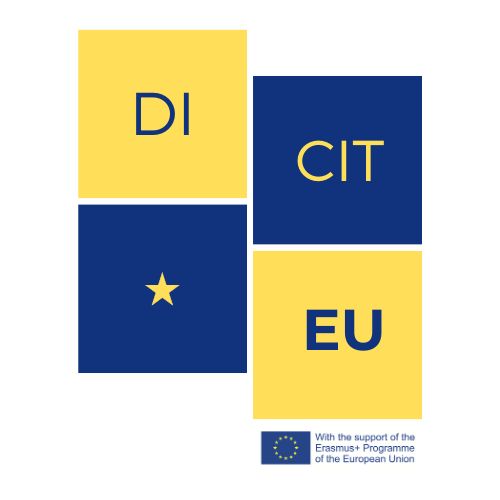
The Course “Digital Citizenship for EU (DiCit4EU) aims to broaden the students’ knowledge of European Citizenship rights and duties, in order to raise their awareness about the new dimension assumed by EU Citizenship within the digital society, mainly to understand, promote and defend online EU values, principles and human rights.
The course (a Jean Monnet Module, co-financed by the European Union) provides students with an in-depth knowledge about the main legal and political aspects – at International and European level – concerning the citizens’ online life, focusing in particular on digital rights and the use of digital technologies allowing to participate in the political arena.
The course (a Jean Monnet Module, co-financed by the European Union) provides students with an in-depth knowledge about the main legal and political aspects – at International and European level – concerning the citizens’ online life, focusing in particular on digital rights and the use of digital technologies allowing to participate in the political arena.
- Docente: CRISTIANA CARLETTI
- Docente: CLAUDIO DI MAIO
- Docente: Luca Germano
- Docente: claudia Mariotti
- Docente: Raffaele Torino
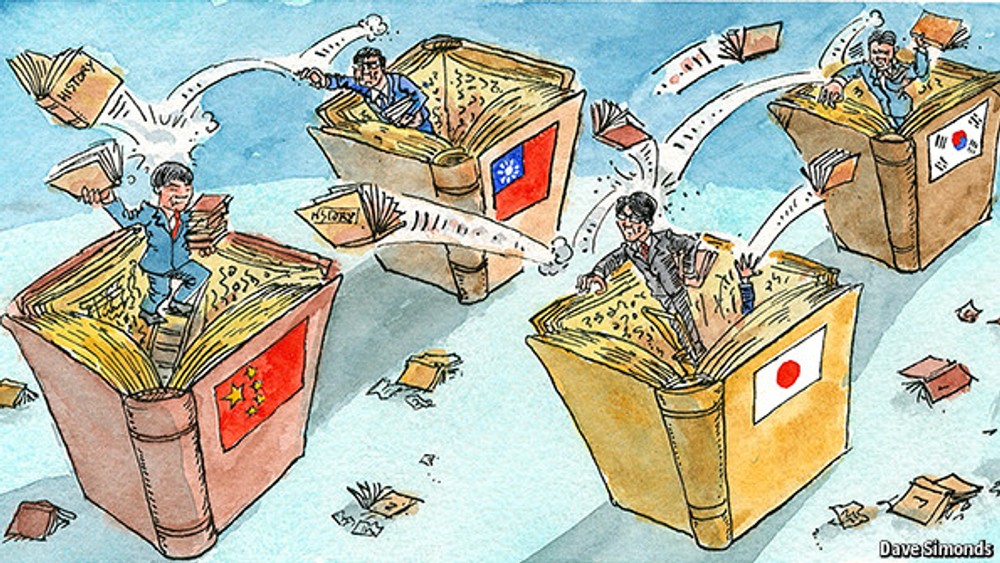
By the end of this course, having completed the relevant readings and activities, students should be able to analyze the historical development of international relations in East Asia since the mid XIX century, comparing and contrasting developments in East Asia’s international politics in the Cold and post-Cold War periods.
- Docente: OLIVIERO FRATTOLILLO
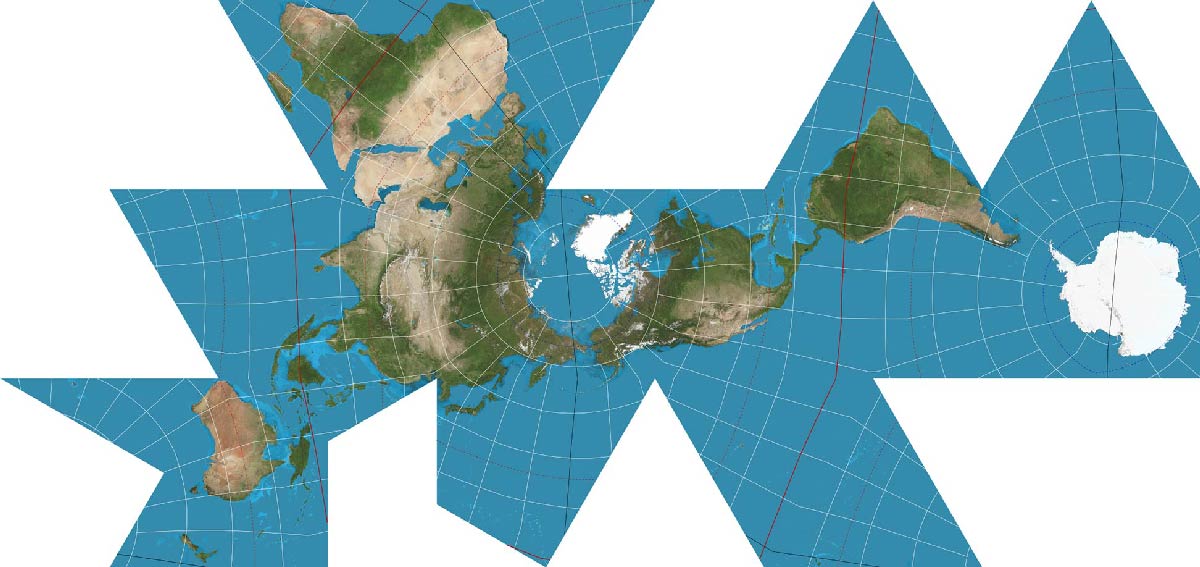
DESCRIPTION: The course focuses on the most important aspects that security has assumed in the international system since the end of the Second World War. In adopting a historical approach, it intends to offer the students a general survey and understanding of a process that becomes the effect and the producer of frames of political action. The end of the Second World War has been selected as the starting point of analysis, first because it marked the beginning of the era of security studies in the United States and the Western world. As field of studies security studies developed after the failure of the attempt made at that time to establish an effective collective security within the United Nations. That failure coincided with the beginning of the nuclear era and the Cold War. To the time period of bipolar confrontation is devoted a good deal of the course with the related dynamics concerning nuclear deterrence and proliferation. Despite the end of the Cold War, the security discourse is still looming large in the contemporary international system, not only for the growing risk of nuclear proliferation, but also for the so-called securitization process concerning many international issues, like environment, migration and access to resources. The course, therefore, aims at helping the students historicize the notion of international security and familiarize with the main components of the contemporary international security agenda.
- Docente: Marilena Gala

The course is based on the systematic analysis of the classic works and theories of antique, modern and contemporary political philosophy, throughout a gender perspective. That is to say of those works and theories in which great thinkers have revealed to us their thought about the political and social life of women. Beside this, the course will introduce the major modern and contemporary feminists, those thinkers, women and men dealing with the private and public role of women. The aim of the course is to fill a gap in our knowledge about history of political thought and to comprehend the assumptions behind deeply rooted modes of thought that continue to affect women’s lives in major ways.
- Docente: Roberta Adelaide Modugno
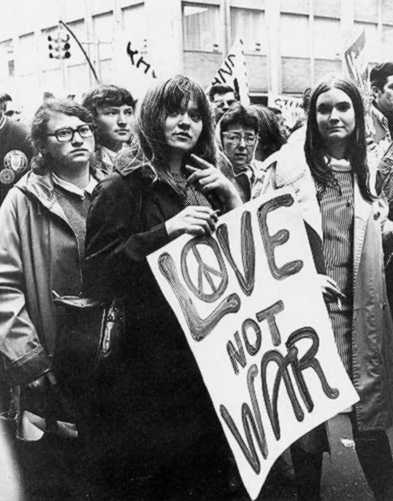
For centuries mankind has longed for peace and for peaceful solutions to conflicts, but only in the last centuries peace has been perceived as an achievable political aim: in this way the idea of war abolition has become thinkable, associations devoted to peace (and pacifism as a sort of peace party) arose, and international organizations with the goal of banning war and promoting peace-keeping operations developed. The course gives a historical introduction to the peace issue as one of the nodal points in contemporary politics up to the beginning of the 21st Century. It is devoted to the international history of peace ideas, peace movements, and peace institutions.
- Docente: Renato Moro

This course surveys the main processes and events that have characterized the transformations of Latin America in the Twentieth century, focusing on topics in politics, economy, and social issues. Lectures will explore and analyse the many '-ism' that characterized the history of Latin America and their new and neo version that are still stimulating historiographical and political debate, such as nationalism, imperialism, and populism.
In the last part of the course, the class will pay particular attention to the enduring legacies and challenges of some specific historical issues, such as race, migration, and the particular role of Latin America within global capitalism throughout the 20th century. Special emphasize will be placed on the most recent historiographical stances, providing insights into the transnational and global history approach to the study of the region.
In the last part of the course, the class will pay particular attention to the enduring legacies and challenges of some specific historical issues, such as race, migration, and the particular role of Latin America within global capitalism throughout the 20th century. Special emphasize will be placed on the most recent historiographical stances, providing insights into the transnational and global history approach to the study of the region.
- Docente: CLAUDIA BERNARDI
- Docente: Leopoldo Nuti
- Docente: CRISTIANA CARLETTI
- Docente: Lilia Cavallari
- Docente: Laura Fasanaro
- Docente: Marilena Gala
- Docente: Daniele Fiorentino
- Docente: Valerio Gatta
- Docente: Leopoldo Nuti
- Docente: Renato Moro
- Docente: GIORGIO CARAVALE
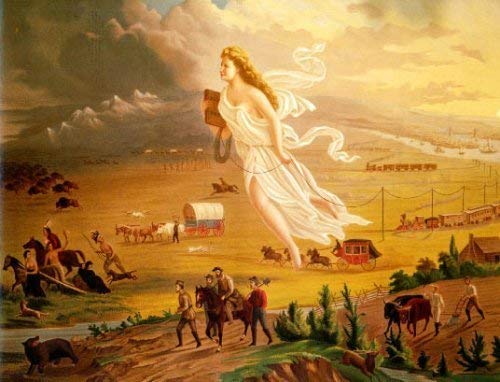
This course intends to offer students an insight on American history and culture both in the international and transnational perspectives. The role played by the United States in international affairs in the 20th century is such that scholars have come to label the intervening period between the Spanish-American War and the end of the Cold War, the American Century. Actually, the U.S. still plays a major role in international relations, despite the crisis started in th 1970s, while its position and interaction with the rest of the world was already prominent in the 19th century. Moreover, U.S. history, like the history of other countries, was forged by the country’s interaction with other parts of the world and by the inevitable transnational connections with other nations. The course therefore offers an interpretation of American history in a transnational perspective while familiarizing the students with some of the major historians of the past century and with the more recent historiography, methodology and critical analyses of American history.
- Daniele Fiorentino: Daniele Fiorentino